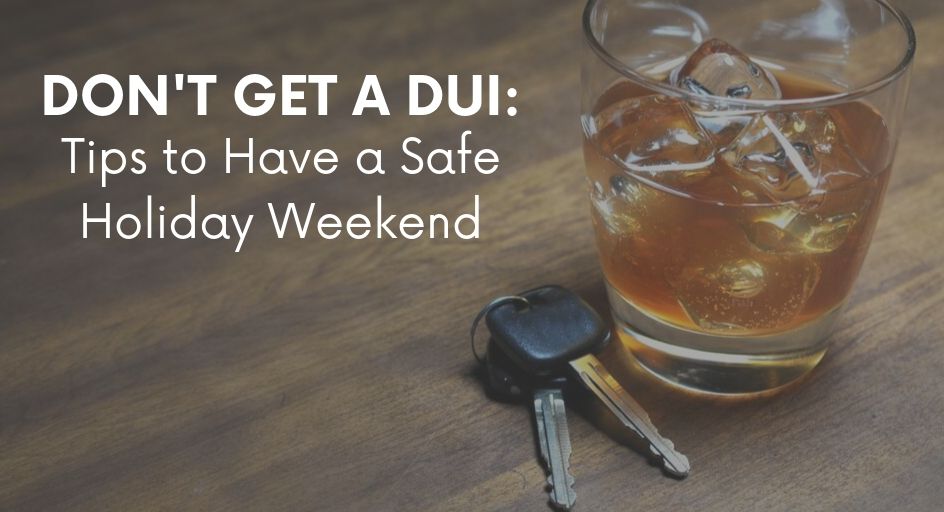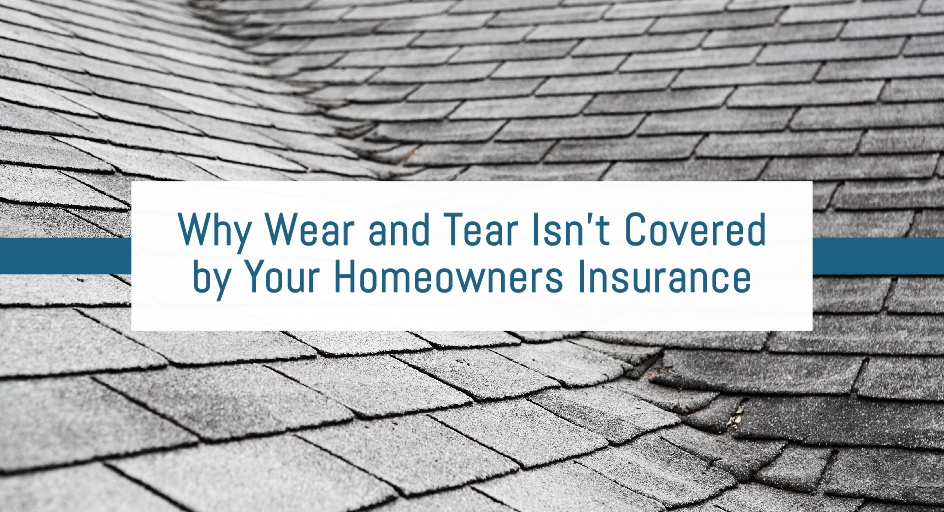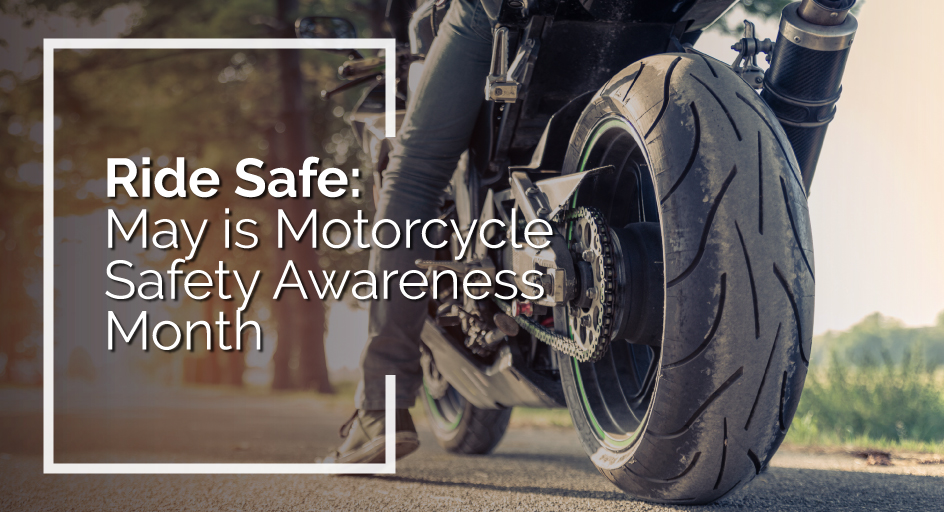A DUI charge can have serious consequences. For one, driving under the influence makes you a danger to yourself, your passengers, and others on the road. Each state has different laws and penalties, but in most cases your license will be suspended, you’ll have to pay large fees and fines, and you may even spend time in jail. Your car insurance premiums may also go up by a huge percentage, depending on your state. Police are more vigilant in looking for intoxicated drivers around holidays, so in light of the upcoming Labor Day weekend, here are some tips on how to have a safe holiday weekend.
Most Importantly: Don’t Drink and Drive
This is the simplest way to avoid a DUI. There is always a risk when you drink alcohol and drive, even if you are smart about it. You can keep yourself and others safe by avoiding the practice completely. One way of doing this is to simply not drink when you know you’ll need to drive a vehicle later or to use a designated driver. Everyone appreciates a designated driver (DD), and with your friends or partner you can take turns acting as the DD so no one has to do it all the time. You can also use a diver service app, taxi, or call someone to come pick you up. A little expense, or owing someone a favor, is worth it in the long run if you’re able to stay safe.
If You Do, Be Smart About It
Three things are the most important when you drink alcohol and know you will be driving later.
First: Hydration
Before you begin drinking, hydrate yourself by drinking several glasses of water. Also drink a glass of water in between every drink you have. One bonus of doing this is that you’ll end up spending less money on expensive drinks!
Second: Food
It is incredibly important to eat enough food before you drink alcohol. Consuming a full meal, especially one that contains protein and fats. It should be noted that after you begin drinking alcohol, eating food will not “absorb” the alcohol like many people believe it will. Only the food that is already in your stomach will slow down the rate that the alcohol enters your system.
Third: Number of Drinks
Limit yourself to a small number of drinks. This number will change depending on your weight, age, and gender. There are methods and apps that you can use to estimate what your blood alcohol content may be.
The Bottom Line
The only thing that will, without fail, keep you from getting a DUI is to not drink and drive. This is especially important on a holiday weekend, where DUI patrols are increased. If you do partake, be responsible about it. It’s possible to enjoy your holiday weekend and still stay safe and DUI free.









